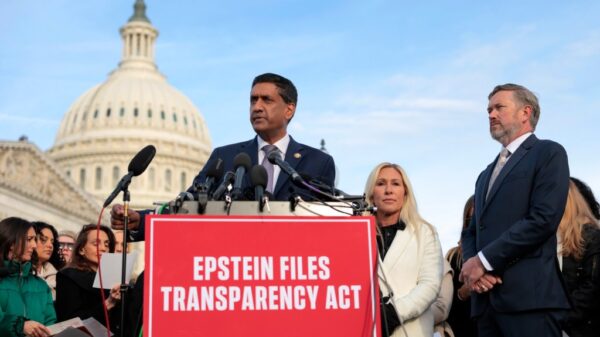Managing employee medical leave and health-related accommodations has become increasingly intricate for employers. With evolving vaccine mandates and diverse statutory leave entitlements, human resources professionals and business leaders must navigate a landscape that balances legal compliance with operational needs.
Understanding Legal Obligations
According to Helen Bloch, an attorney specializing in employment law, the legal responsibilities of employers vary based on the size of the organization and the geographical location of its workforce. For instance, companies with 15 or more employees must adhere to the Americans with Disabilities Act (ADA), while those with 50 or more employees within a 75-mile radius fall under the regulations of the Family and Medical Leave Act (FMLA). Smaller businesses are often subject to a combination of state and local laws, including municipal human rights ordinances, which can further complicate compliance efforts.
It is crucial for employers to evaluate all applicable jurisdictions, particularly when operating across state lines, to ensure they meet regulatory obligations.
Key Elements of the FMLA
The FMLA provides eligible employees with up to 12 weeks of unpaid, job-protected leave. Amit Bindra from Prinz Law Firm outlines the eligibility criteria, which require employees to have completed at least 1,250 hours of work in the previous 12 months for a covered employer. Acceptable reasons for taking leave include:
– A serious health condition affecting the employee.
– Caring for a qualifying family member with a serious health condition.
– Birth, adoption, or foster care placement of a child.
– Certain types of military family leave.
A serious health condition is defined as requiring either inpatient care or ongoing treatment from a healthcare provider. Conditions such as pregnancy and chronic illnesses typically qualify, while common ailments like colds or routine dental procedures do not.
Employers must also consider the implications of intermittent leave, which is allowed for medical needs but requires employer approval. In instances where FMLA does not apply, the ADA may still mandate that employers consider unpaid leave as a reasonable accommodation for employees with qualifying disabilities, provided it does not impose undue hardship on the business.
While FMLA leave is unpaid, Bindra highlights that other forms of compensation, such as short-term disability and paid time off (PTO), may coincide with FMLA leave. Employers can mandate the use of accrued PTO during FMLA leave, but they must ensure their policies are clearly communicated and applied consistently. Specific state laws may impose additional restrictions on how these benefits can be utilized, particularly concerning workers’ compensation.
Employer Responsibilities Under the FMLA
Employers have several obligations under the FMLA, including:
– Issuing general and specific notices to employees about their rights and responsibilities.
– Maintaining group health insurance during the leave at the same terms as if the employee were actively working.
– Reinstating the employee to the same or an equivalent position upon return, barring exceptions.
– Keeping accurate records of leave time, certifications, and relevant communications.
Employees are also required to provide timely notice of their need for leave, submit medical certifications as requested, and comply with internal leave procedures unless extraordinary circumstances arise.
Medical Screening and Workplace Safety
With the emergence of health threats like COVID-19, Max Barack, a partner at Garfinkel Group, LLC, explains that employers can implement medical inquiries, including temperature checks and symptom screenings, as long as these measures are applied uniformly and are job-related. Employers must also establish clear return-to-work protocols and avoid overly restrictive exclusion policies.
While mandatory vaccinations gained attention during the pandemic, Bloch states that employers may require vaccinations if they are job-related and necessary for business operations. However, employers must accommodate employees who refuse vaccination due to medical conditions or sincerely held religious beliefs unless such accommodations would result in undue hardship. Bindra advises employers to assess the sincerity of these beliefs and the feasibility of accommodations on a case-by-case basis, noting that past refusals of other vaccines could support a claim of consistent religious belief.
Balancing Compliance and Operational Integrity
The laws governing medical leave, such as the FMLA and ADA, are designed to foster a more equitable work environment for both employees and employers. These regulations provide a framework for addressing serious health issues without jeopardizing job security while ensuring operational continuity within defined legal parameters.
Though compliance can be complex, particularly when multiple laws intersect, maintaining up-to-date policies and clear, proactive communication are essential.
To explore more about navigating medical leave and health issues in the workplace, readers can refer to further resources on human resource topics.







































































